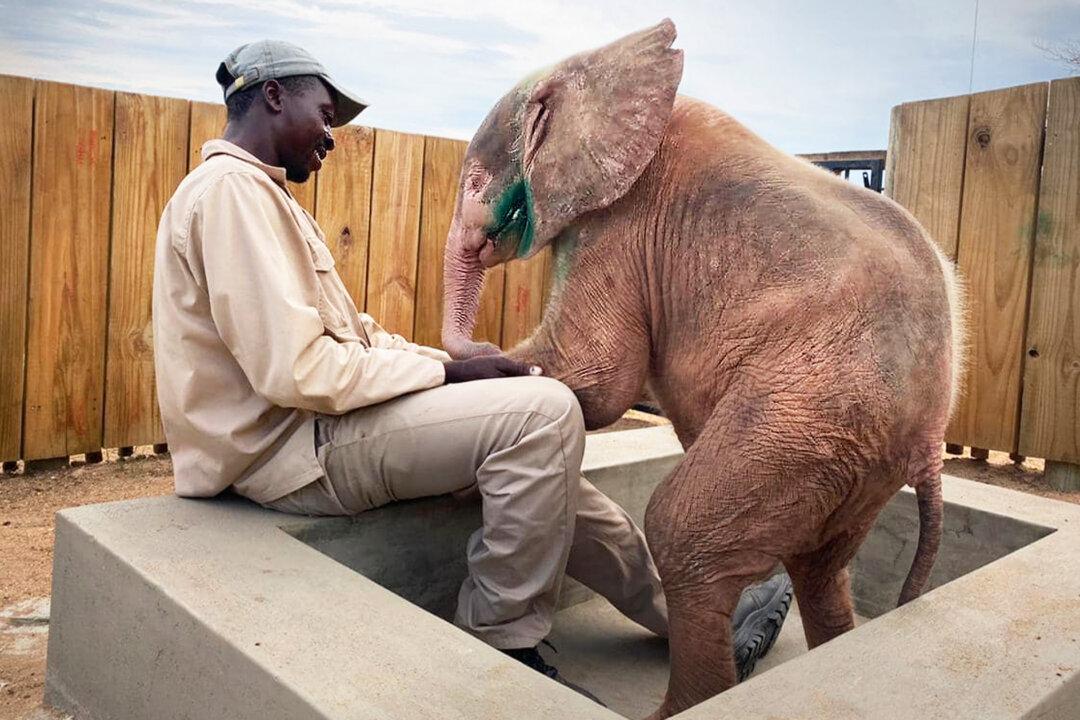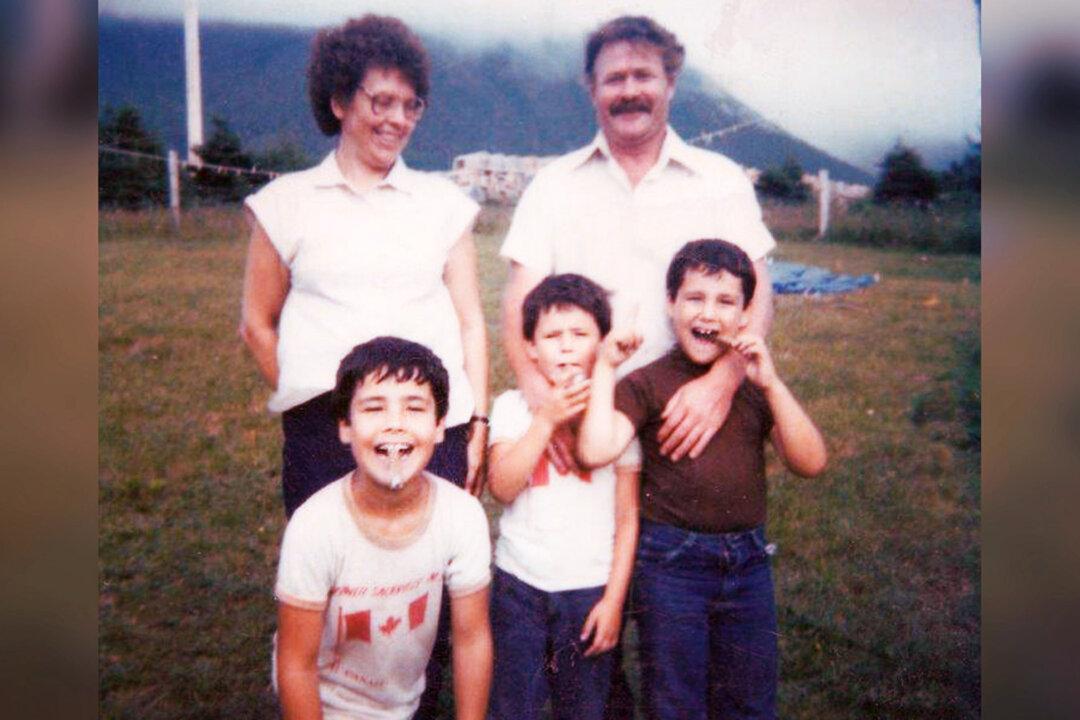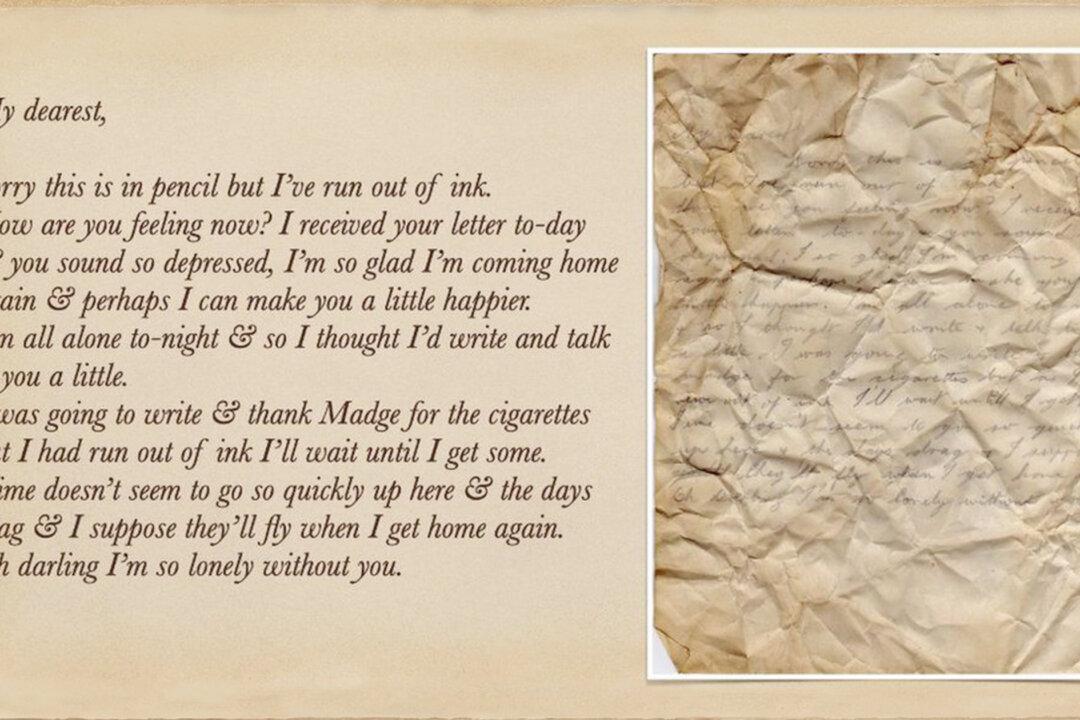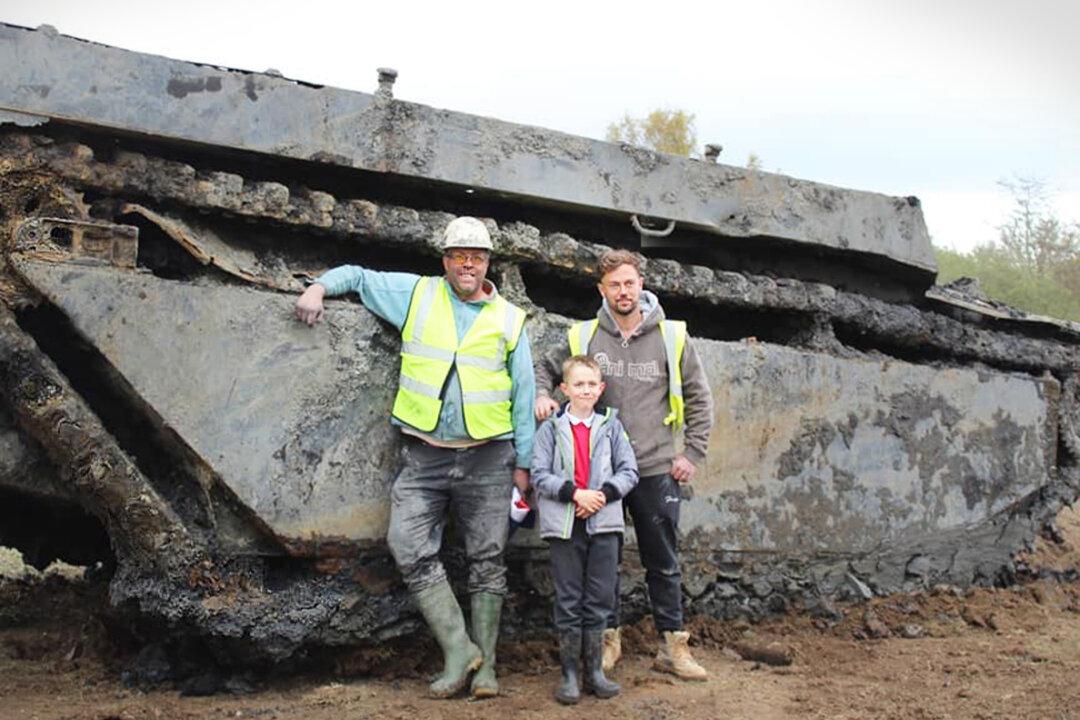A baby albino elephant was found alone in the wild, trapped in a snare in January 2020 in South Africa. The infant was severely injured due to the restraint, and it was thought she might not live.
Rescuers took in the dehydrated, starving calf, and took her into the care of the team at Hoedspruit Elephant Rehabilitation and Development (HERD), where she has since healed from her traumatic experience.






